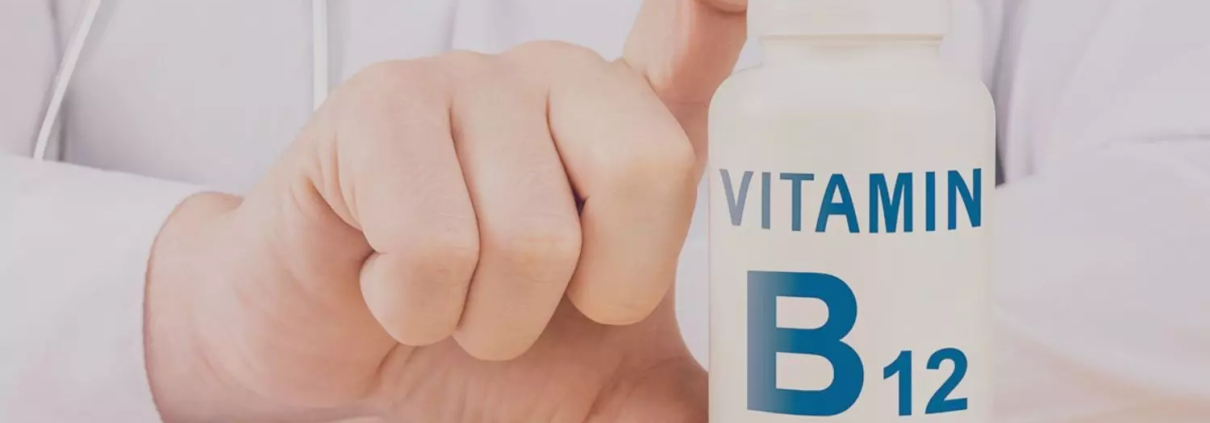Low vitamin B12 levels associated with primary monosymptomatic nocturnal enuresis: Study

A new study published in the Journal of Pediatric Urology found that children who have low or borderline vitamin B12 levels are more prone to experience primary monosymptomatic nocturnal enuresis (PMNE).
Urinary control systems may be impacted by micronutrient deficits, especially those involving vitamin B12. The most prevalent voiding issue in the pediatric population is PMNE, which is defined as involuntary nighttime urination in children past the age at which bladder control would typically be expected. Over the past few decades, nocturnal enuresis has continued to be the subject of substantial scientific inquiry due to its high incidence. Despite much discussion, the etiology of PNE is still not fully known.
Although their precise functions in both healthy and diseased settings are not entirely understood, vitamin B12 and folate are crucial for the metabolism, growth, and maturation of the nervous system. Despite a great deal of study on PNE, there are still a lot of concerns about its precise pathogenesis. Thus, this study wanted to determine whether vitamin B12 insufficiency is a possible risk factor for the development of enuresis and to examine the association between children’s blood vitamin B12 levels and PMNE.
A total of 167 age- and sex-matched healthy controls and 184 children with enuresis, ages 5 to 15, were included in this prospective case-control research. Vitamin B12 levels, age, gender, and family history of enuresis were noted for each participant. Serum B12 levels were classified as “normal” (>300 pg/mL), “deficiency” (<200 pg/mL), and “borderline deficiency” (200-300 pg/mL).
Almost, 12.5% of the enuresis group had a B12 shortage, 41.3% had a borderline deficiency, and 46.2% had normal levels. These rates were 9.6%, 29.3%, and 61.1% in the control group, respectively (p<0.05). Multivariate analysis revealed that PMNE was strongly correlated with B12 deficiency (OR: 2.05; 95% CI: 1.01-4.08; p=0.049) and family history of enuresis (OR: 8.62; 95% CI: 4.61-16.13; p<0.001).
Overall, these findings suggest a statistically significant correlation between PMNE and vitamin B12 levels. When compared to healthy controls, B12 deficiency or borderline B12 levels were more prevalent. In addition to a family history of enuresis, a B12 deficiency quadrupled the risk of PMNE. The inclusion of vitamin B12 evaluation in clinical judgment for kids with enuresis is supported by this data.
Reference:
Gülyüz, A. (2025). Relationship between serum vitamin B12 levels and primary monosymptomatic nocturnal enuresis: A prospective case-control study. Journal of Pediatric Urology. https://doi.org/10.1016/j.jpurol.2025.07.032



